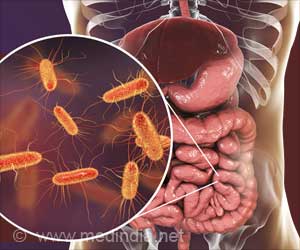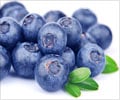Food Preservatives - Are They Safe?
Although, there are options to avoid the use of chemical preservatives, more often than not, they are necessary to ensure the safety of a food product.
According to the FDA, common chemical food preservatives are considered safe if the quantity of the preservative added to the food ‘does not exceed the amount required to accomplish its intended physical, nutritional, and technical effect in food’.
Following are some food preservatives considered harmful if used beyond their permissible levels:
- Glutamates may cause headaches, palpitations, and dizziness. In some cases, it may even cause cancer.
- Monoglycerides and diglycerides may cause birth defects.
- Propyl gallate (PG) too may cause birth defects. They have also been found to damage the liver. Moreover, products containing PG are inappropriate for frying due to its poor stability at high temperatures.
- Sulfites if used in proportions higher than permitted may cause allergies, headache, joint pain and as with most preservatives – cancer.
- BHA and BHT have been found to cause cancer in experimental animals. Other butylates can cause high blood pressure and high cholesterol. They may also affect kidney and liver function.
- Nitrates and Nitrites are known cancer causing agents.
- TBHQ can cause apoptosis and may promote DNA damage. It has been banned in Japan and European countries.
The science fraternity is however divided in their opinion regarding the cancer causing effect of certain chemical food preservatives.
For example, BHT (butylated hydroxytoluene) is a fat-soluble organic compound used as anti-oxidant additive in foods, pharmaceutical drugs, cosmetics and petroleum products. The Food and Drug Administration (FDA) had approved it for use in food products in 1954. Later, serious concerns were raised as to the safety of the use of BHT in food products because of its suspected mutagenic and carcinogenic properties. A Japanese study published in the journal Anticancer Research suggested that ‘the cytotoxicity of BHT may be caused by reactive intermediates’. So much so, BHT as a food preservative was banned in the UK, Australia, Japan, and a few European countries. However, a number of studies including a US study published in the journal of Food and Chemical Toxicology and a Netherlands Cohort Study published in the same journal suggested that ‘BHT poses no cancer hazard and to the contrary it may be anti-carcinogenic at current levels of food additive use’.
Again, studies have shown that benzene, a suspected carcinogen, may be formed in carbonated soft drinks that contain benzoate salts and ascorbic acid (vitamin C). Although FDA has not set any standard for benzene in beverages, it recommends a maximum of 5 parts per billion (5 ppb) for bottled drinking water. As regards beverages, the FDA determined that ‘benzene found in beverages to date do not pose a safety concern for consumers’.
The FDA, however, has banned the use of boric acid (borates) for use in foods as preservative. Boric acid is normally added to food products such as caviar.
The safety aspect of food preservatives is determined on the no-observed-adverse effect level (NOAEL) that is used in determining the Acceptable Daily Intake (ADI) for the same. However, the problem occurs in translating this into actual safety levels.
Do’s and Don’ts related to food preservatives:
- Read all food labels closely to avoid harmful effects of preservatives.
- Eat whole foods or organic foods preferably.
- Pick foods labeled low sodium or reduced sodium.
- Do not assume that paying more or buying a product from a health food store will ensure that the food product is free from preservatives.






